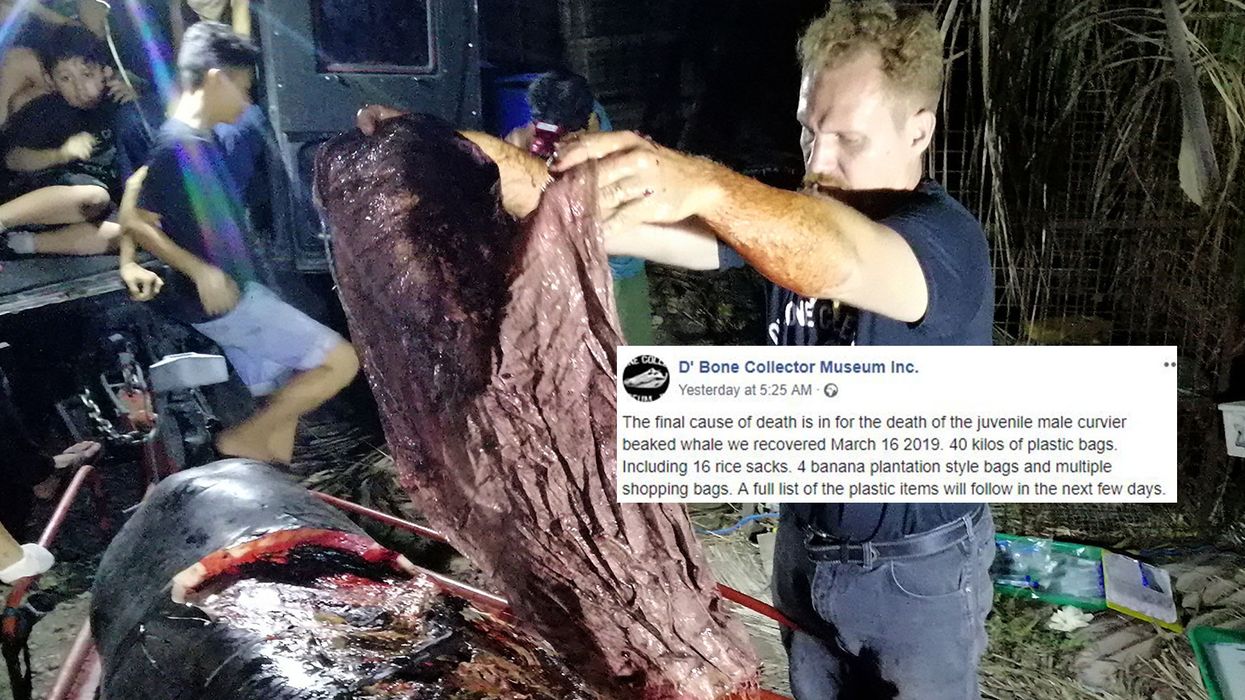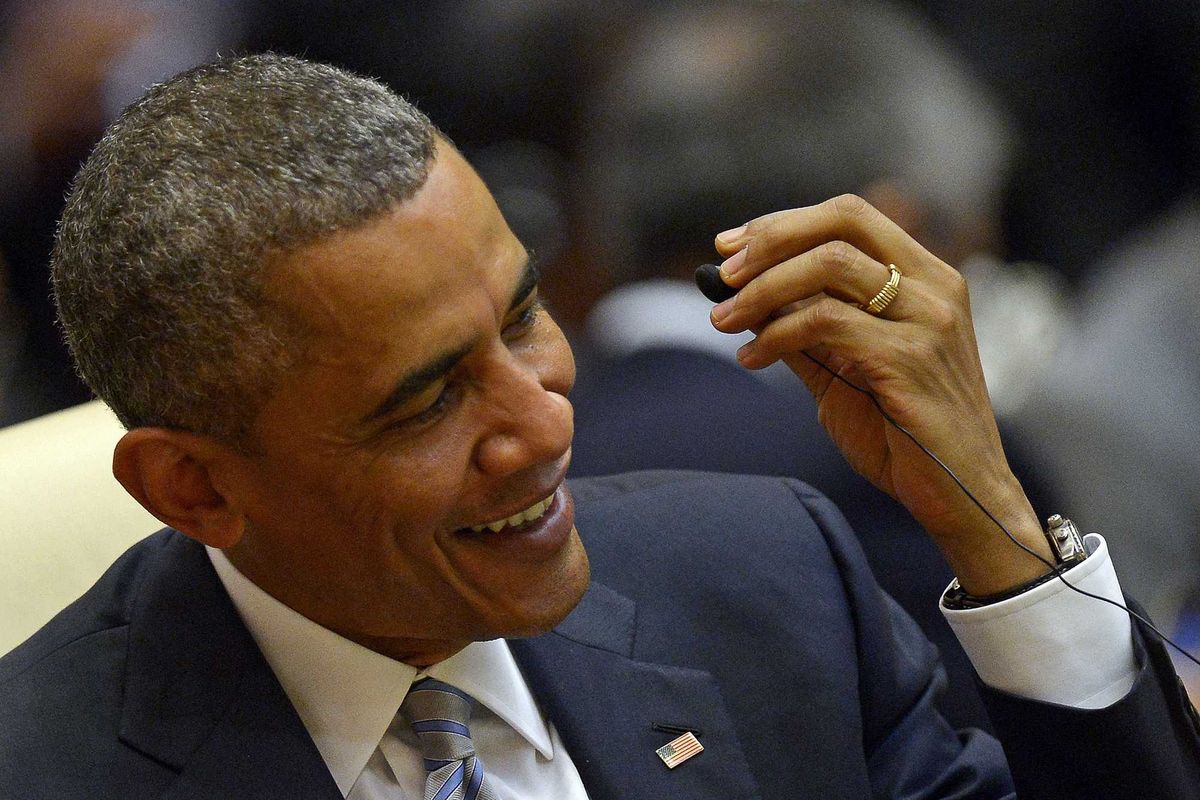
It’s clear that the world has a serious problem with plastic, with plastic waste expected to outweigh all the fish in the sea by 2050.
And this month a dead whale was found in the Philippines with 40kg of plastic bags inside its stomach.
Workers at the D’Bone Collector Museum recovered the Cuvier's beaked whale near Davao City on the island of Mindanao on 15 March.
In a Facebook post, the museum said the animal was filled with "the most plastic we have ever seen in a whale".
There were 16 rice sacks in its stomach, as well as multiple shopping bags and banana plantation bags.
Marine biologist Darrell Blatchley was called to recover the 4.7m whale, which was trapped in the shores of the Mabini Compostela Valley.
By the time Blatchley arrived, the whale had died, showing signs of starvation and dehydration, and had been vomiting blood.
Tests later confirmed the animal had died of starvation and dehydration.
The museum called on the Philippines government to take action against people dumping plastic into the sea.
Blatchley told the Press Association:
I was not prepared for the amount of plastic. Forty kilos roughly of rice sacks, grocery bags, banana plantation bags and general plastic bags.
Sixteen rice sacks total. It was so bad the plastic was beginning calcification.
The Philippine people are a proud people, sadly it's not in being clean or taking care of the environment.
The Philippines needs to change from the children up or nothing will be left.
But this problem is not just confined to the Philippines. In the UK alone, the number of animals injured in the wild by plastic debris hit a record high last year.
Here are 9 simple ways to reduce your plastic waste.













